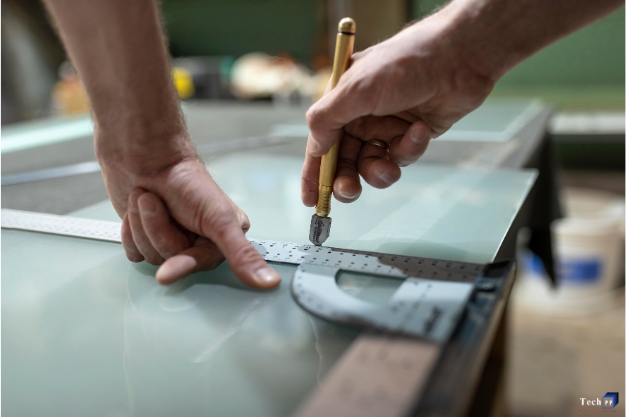Glass Repair plays a vital role in your home’s look, energy efficiency, and safety. Yet, when it comes to repairs or replacements, many homeowners fall for myths that lead to costly mistakes or ignored damage. From misunderstandings about cost to knowing when replacement is necessary, misinformation is common.
If you live in an area with seasonal weather challenges, knowing the facts is essential. This article clears up common myths about residential glass replacement, helping you make smarter decisions.
Small Cracks Don’t Need Immediate Attention
The Truth:
Many people believe that a tiny chip or crack isn’t a big deal. However, even the smallest imperfection can grow quickly—especially when exposed to temperature fluctuations or pressure changes.
Why It Matters:
Ignoring small cracks can lead to larger fractures that compromise the safety and energy efficiency of your home. Even minor damage may allow moisture or air to seep in, affecting insulation.
What You Should Do:
Address cracks as soon as they appear. A quick inspection can prevent more serious repairs and ensure your glass remains secure.
All Glass Is the Same
The Truth:
Not all glass is the same. Residential glass varies in thickness, type, and thermal performance. Some windows focus on energy efficiency, while others are built for impact resistance or soundproofing.
Why It Matters:
Using the wrong type of glass for a repair or replacement can reduce your home’s comfort and efficiency. Winters can be cold and summers hot, proper insulation matters.
What You Should Do:
When considering residential glass replacement, work with professionals who understand the correct specifications for your climate and home layout.
Replacing Glass Is Always Expensive
The Truth:
Many homeowners think glass repair or replacement is expensive. While custom jobs can add up, many solutions are more affordable than expected, especially with long-term energy savings.
Why It Matters:
Putting off replacement due to fear of high costs can result in worse damage down the line. In the long run, timely replacement is often more economical.
What You Should Do:
Request a professional estimate and consider your long-term utility savings. Energy-efficient glass can reduce monthly bills while improving comfort.
You Can Just Patch It Yourself
The Truth:
DIY glass repair kits are common but often ineffective for homes. While they may temporarily fix a car window or mirror, residential glass requires a stronger solution.
Why It Matters:
Improper repairs can weaken the glass structure and leave you vulnerable to breakage, drafts, or leaks. Additionally, you may void warranties or insurance coverage.
What You Should Do:
Seek professional guidance when dealing with any kind of structural glass in your home. Safe and long-lasting results require the right tools, materials, and techniques.
Window Replacement Isn’t Necessary Unless It’s Broken
The Truth:
Just because a window isn’t shattered doesn’t mean it’s in good condition. Foggy glass, poor insulation, or difficulty opening and closing are all signs your window might need replacing.
Why It Matters:
Outdated or damaged glass can reduce your home’s energy efficiency and compromise security. Replacing aging glass helps you maintain indoor comfort during seasonal shifts.
What You Should Do:
Watch for performance-related issues, not just visible damage. Properly functioning glass is a key part of a safe, efficient home.
All Replacement Projects Require Full Window Replacement
The Truth:
You don’t always need to replace the entire window frame. In many cases, only the glass needs to be swapped out, which can be less expensive and quicker.
Why It Matters:
Assuming that every issue requires a full replacement could lead to unnecessary expenses. Understanding your options allows you to choose the most efficient solution.
What You Should Do:
Get a professional assessment before making any decisions. Whether it’s a simple glass swap or a full window upgrade, knowing your options is key.
Why These Myths Persist
Homeowners often rely on word-of-mouth, but what works for one house may not suit another—factors like building age, materials, and exposure all matter. Learning about residential glass replacement in Layton, Utah helps you make smarter decisions. With expert advice and a clear understanding, you can protect your home’s glass, cut energy costs, and prevent damage, ensuring long-term value.
Conclusion
Misinformation about glass repair can waste time, cost money, and affect your comfort. Knowing the facts helps you act quickly, make smarter choices, and protect your investment. From minor cracks to aging windows, being informed helps you avoid costly mistakes. In residential glass replacement, knowledge is your best defense.


